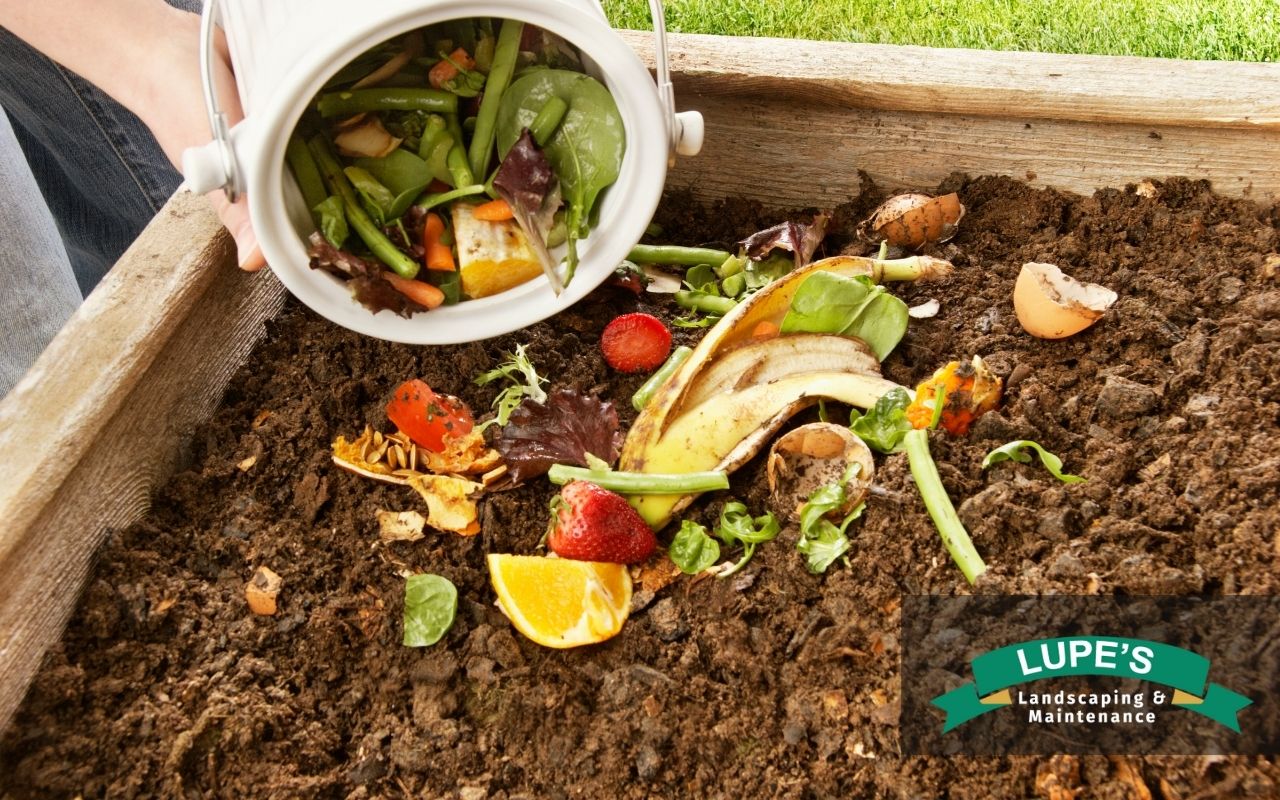
Practicing composting in Kingston, WA, is an excellent way to reduce waste and improve your garden’s health. Composting transforms kitchen scraps, yard waste, and organic materials into nutrient-rich compost that enriches soil and promotes plant growth. Whether you’re an experienced gardener or just starting, these composting tips will help you create a sustainable and efficient composting system tailored to your needs.
Benefits of Composting for Kingston Gardens
Reduce Household Waste
Composting diverts organic waste from landfills, helping reduce methane emissions and lowering your environmental footprint. Items like fruit peels, vegetable scraps, and coffee grounds can all be composted, turning potential waste into valuable garden resources.
Improve Soil Health
Compost enhances soil structure, increases water retention, and provides essential nutrients that improve plant growth. It encourages beneficial microorganisms, creating a healthier ecosystem in your garden.
Save Money
By producing your own compost, you reduce the need for store-bought fertilizers or soil conditioners. Composting is a cost-effective way to maintain a healthy garden.
Tips for Successful Composting
Balance Green and Brown Materials
Composting requires a balance of green materials (nitrogen-rich) and brown materials (carbon-rich). Greens include fruit and vegetable scraps, coffee grounds, and grass clippings. Browns include dry leaves, cardboard, and straw.
- Tip 1: Aim for a 2:1 ratio of browns to greens for optimal decomposition.
- Tip 2: Shred or chop large items to speed up the composting process.
Maintain Proper Moisture
Compost piles should be moist, like a wrung-out sponge, but not soggy. Too much moisture can slow decomposition, while too little can cause the pile to dry out.
- Tip 1: Add water to dry piles and mix thoroughly to distribute moisture evenly.
- Tip 2: Cover your compost pile with a tarp during heavy rains to prevent oversaturation.
Turn the Pile Regularly
Aeration is key to composting success. Turning the pile every 1–2 weeks introduces oxygen, helping organic matter break down more efficiently.
- Tip 1: Use a pitchfork or compost aerator to mix the pile.
- Tip 2: Monitor the temperature; an active pile should feel warm to the touch.
Start Composting and Enrich Your Garden
Composting is a simple, sustainable way to reduce waste and nourish your garden. By balancing materials, maintaining moisture, and aerating regularly, you’ll produce rich compost that supports thriving plants in Kingston, WA. Contact us today to learn more about composting techniques and other sustainable gardening practices.
